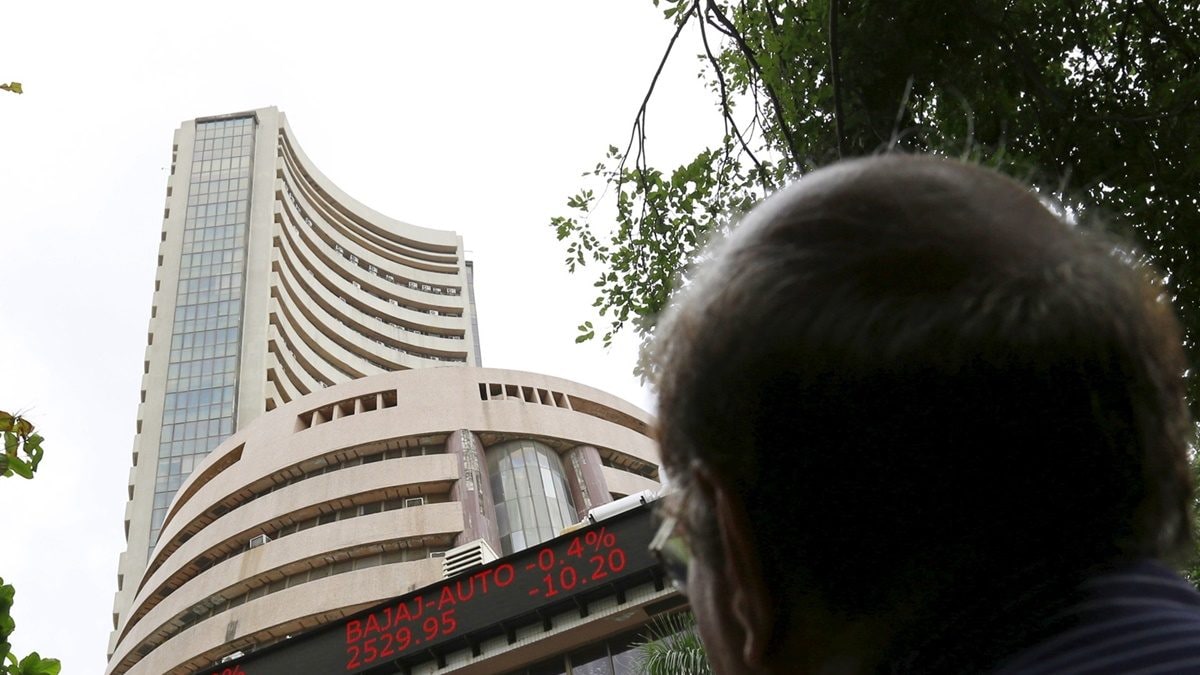Instant Settlement In Stock Markets By FY25! What Sebi Said & How It Will Benefit Investors – News18

Buch said timing is very important in the capital markets, and delays can impact capital formation in the economy as well, which is Sebi’s core mandate. (Representative image)
Capital markets regulator Sebi is aiming to introduce instantaneous settlement of trades on the stock exchanges by next fiscal.
Capital markets regulator Sebi is aiming to introduce instantaneous settlement of trades on the stock exchanges by next fiscal. Sebi, which has trimmed the settlement timelines to as short as one day after transaction, is looking to shorten the same further and instantaneous settlements are not far, she told reporters here.
“Certainly, one of the things we think is not very far off is the instantaneous settlement on the stock exchange. We are currently working on that,” Sebi Chairperson Madhabi Puri Buch said.
What Is Sebi Doing?
The regulator is speaking to participants in the ecosystem to introduce this facility and having the same on the bourses is possible in the “not very far future,” she said.
Sebi’s plans hinge on the success of the newly introduced Application supported by blocked amount (Asba) for secondary market transactions, Buch said, adding that she is confident of succeeding on the recent introduction.
“… we think that the natural next step is instantaneous settlement (after Asba for secondary markets). Will it (instantaneous settlement) be completed by this financial year? Not sure, could be. But it may spill over to next year as well,” the chairperson said.
Why Sebi Wants Instant Settlement?
Buch said timing is very important in the capital markets, and delays can impact capital formation in the economy as well, which is Sebi’s core mandate.
Over a period of time, Sebi has been working on reducing the time taken for clearing equity issuances, new schemes by mutual funds and other fund raising activities, Buch said, adding that technology tools have been the biggest help in the process.
Such interventions have accrued in monetary benefits of Rs 3,500 crore for the investor community on an annual basis, she said.
The largest benefit, calculated to be at Rs 2,300 crore has been through the creation of an Asba-like system for trading.
Sebi has been monitoring the turnaround times on many aspects and taking steps, including automating or streamlining a process, or allocating extra resources to expedite a task quicker, Buch said.
According to her, there is a need for greater coordination between the i-bankers and the regulator to help reduce the time taken for issuances further.
Clearances of applications to set up asset management companies are getting delayed because of non-compliance with net worth requirements and absence of go-ahead from other regulators, she said.
She said India is in a very good place as an economy which ups the importance of Sebi’s role in aiding capital formation.
Mukesh Kochar, National Head-Wealth, AUM Capital said this will be a great milestone for the Indian equity market. There are very few market in the world that settles in even T+1. Many countries are even struggling to bring the settlement to T+1 from T+2.
“Settlement in T+0 will enhance liquidity for traders and investors and this will ultimately increase the overall volumes. Brokers will also benefit from faster settlement of funds and churning of funds faster. This move will bring down the overall settlement risk to a large extent,” Kochar said.
Equity mutual fund investors are currently getting redemption proceeds in T+2 days as the exchange settles in T+1.So if the T+0 settlement gets implemented, then this cycle will also reduce to T+1 benefitting mutual fund investors.
(With PTI inputs)
For all the latest business News Click Here


